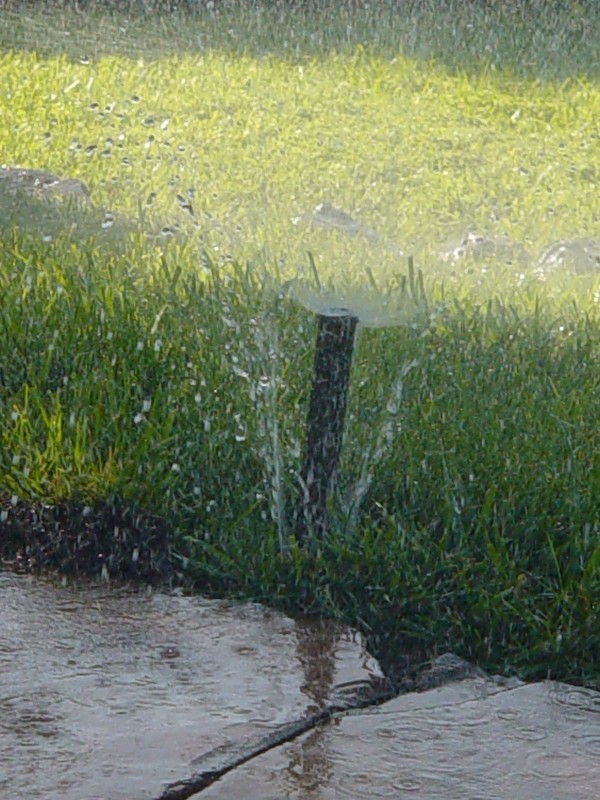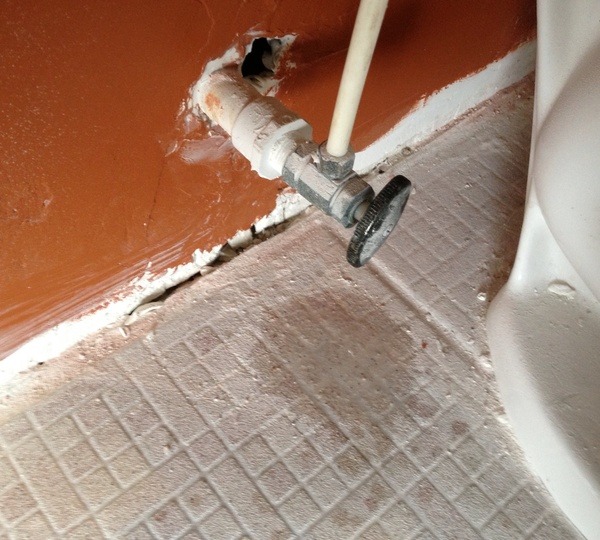The Top 5 Common Water Leak Sources
The Top 5 Common Water Leak Sources
Blog Article
Just about everyone seems to have their own unique theory on the subject of Where to Find Water Leaks.

"Beware of little expenditures. A tiny leakage will certainly sink a wonderful ship." - Benjamin Franklin.
He couldn't have been much more appropriate because water leaks in our residences result in a waste of resources, increasing our water costs. Although this boost could seem minimal at first, it can lead to considerable expenses that can break your bank. In addition to a boost in costs, water leaks additionally trigger undesirable organic development, architectural damage, and also even electric threats.
Finding out if you have a water leakage isn't always very easy due to being incapable to see a lot of the pipework in your house. If you have had an increase in your water bills lately, saw water discolorations on walls and ceilings, smelt lousy odor, etc. You could want to consider requesting plumbing services to get it had a look at.
There are numerous causes of water leakages, as well as we have put together the common factors below. Inspect to see if you have had relevant issues in your house lately.
Blocked drains
Food bits, dirt, as well as oil can trigger clogged drains pipes and obstruct the flow of water in and out of your sink. Boosted pressure within the rain gutters can cause an overflow and also end up breaking or rupturing pipelines if undealt with. To stay clear of clogged up drains in your house, we recommend you to prevent pouring fragments away and normal cleaning of sinks.
High water pressure
You observed your residence water pressure is greater than common yet after that, why should you care? It's out of your control.
It would certainly be best if you cared due to the fact that your typical water stress need to be 60 Psi (per square inch) and also although your house's plumbing system is designed to endure 80 Psi. A boost in water pressure can place a pressure on your residence pipes and also cause splits, or worse, ruptured pipes. Obtain in touch with a professional regarding managing it if you ever observe that your residence water stress is higher than common.
Corrosion
As your pipework ages, it obtains weaker and also much more at risk to rust after the frequent passage of water with them, which can gnaw at pipelines and also trigger splits. A noticeable indicator of corrosion in your home plumbing system is discoloration and although this might be hard to detect because of many pipes hidden away. Once they are old to make sure a sound plumbing system, we advise doing a constant checkup every couple of years as well as transform pipes
Deteriorated pipe joints
Pipeline joints are the components of our plumbing system where the pipes connect. It is vital to note that even though pipelines are created to hold up against stress and also last for a while, they weren't made to last for life; as a result, they would deteriorate over time. A common indicator of harmed pipe joints is excessive sound from taps.
Broken seals
One more cause of water leakages in houses is broken seals of house appliances that make use of water, e.g., a dishwashing machine. When such devices are installed, seals are mounted around water ports for very easy passage of water via the device. Hence, a busted seal can create leakage of water when in use.
With little or no expertise of plumbing, recognizing your home's plumbing system enough to take care of several of these issues (without effect) can be a trouble. Get in touch with plumbing specialists in Pittsburgh, Divine Superintendence, Rochester, and environ today, and they'll make those issues disappear.
He couldn't have actually been more appropriate since water leaks in our houses result in a waste of resources, boosting our water costs. If you have had a rise in your water bills recently, discovered water spots on ceilings and wall surfaces, scented poor smell, and so on. An increase in water stress can place a strain on your home pipes and lead to splits, or worse, ruptured pipes. An additional reason of water leaks in homes is broken seals of residence appliances that utilize water, e.g., a dishwasher. When such appliances are set up, seals are installed around water connectors for very easy passage of water with the device.
5 TIPS IN DETECTING A WATER LEAK IN YOUR HOUSE
Water leaks can be hard to find in your home, yet they can be so common. We rely on water every day in our home, which is why a leak can cause big problems. By detecting them early, you can save money and further damage, getting the problem fixed as soon as possible. Here are 5 tips to help you detect a water leak in your home, so you can contact a plumber straight away and get the issue sorted.
Check your water meter
Many people underestimate the value of the water meter in their home. It can be one of the best ways to tell if you have a leak early on, so you can get on top of it before issues start arising. Start by turning off all the water in your home: taps, washing machine, dishwasher, etc. Now take a look at the meter – if it’s still changing with everything turned off, it’s likely you have a fast-flowing leak that you need to get on top of straight away. If nothing changes, then leave your meter for an hour or two and come back to it. Did it change in this time? It’s likely you have a slower leak, which isn’t as urgent but still handy to get fixed so it doesn’t become a bigger problem.
Keep an eye on your bill
Another good way to detect a leak in your home is by keeping an eye on your water bill. It helps if you have a past bill from the same period of time. You can compare like for like and determine whether your water usage has increased significantly. If it has, there may be a leak in your system that you haven’t picked up before. A professional plumber can check through all of your pipes and determine where it is coming from.
Look for damage
If you have a leak inside your home, you will notice damage over time. Take a look at your showers and bathtubs and note whether any of the tiles surrounding the area seem to be discoloured or damaged in any way. There may be water stains, mould or peeling material that has resulted from a build up of moisture over time. Make sure you take a look under sinks at the back of cupboards that don’t get accessed regularly. This is where damage can go unnoticed and build up over periods of time.

I hope you liked our post on Where to Find Water Leaks. Thanks a lot for finding the time Where to Find Water Leaks post. In case you enjoyed our blog entry please make sure you remember to pass it around. Thank you for taking the time to read it.
Visit Our Website Report this page